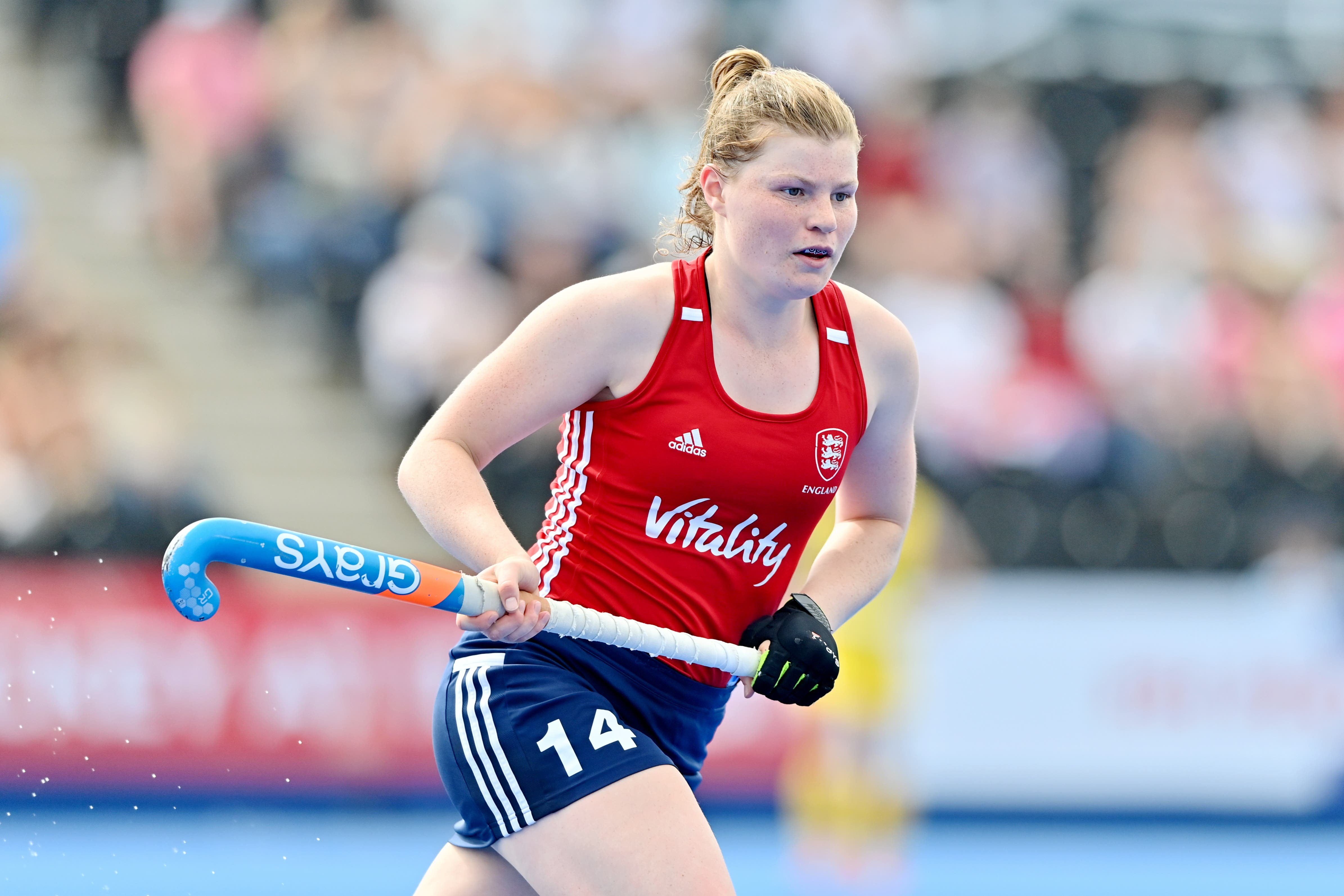Young girls should be free to play sports without fear of being sexualised
Letters to the editor: our readers share their views. Please send your letters to letters@independent.co.uk

Fascinating research compiled by England Hockey player Tess Howard regarding women’s clothing in sports should cause alarm bells to ring. How devastating is it that young girls, who should have the opportunity to enjoy PE lessons and extracurricular sports activities, are more concerned with being sexualised?
What does it say about our society that girls are now reluctant to partake in sports for fear of being perceived as sexualised objects? It’s nothing short of disgusting.
In sport, clothing requirements should prioritise a woman’s comfort and safety above all else. It seems that as a society we have regressed. We have made sport participation inaccessible to many young girls and women.
There is absolutely no reason that a young girl should be discouraged from accessing health and fitness as a result of the way she is expected to dress. The fact that I need to say this in a society which claims to hail women’s rights and safety, as well as providing women with opportunities, is disappointing.
Iffat Mirza
Address supplied
We need a new approach to peace in the Middle East
Borzou Daragahi is right to allude to the unspeakable levels of cruelty and injustices faced by Yemenis.
Also, Palestinians continue to endure Israel’s egregious transgressions of human rights and the sanctity of Al-Aqsa mosque, one of the holiest shrines in Islam, during the holy month of Ramadan.
The question of Palestine has been on the agenda of the UN for over 70 years, and the world is still unable to save Palestinians, Yemenis, Syrians and Ukrainians from the clutches of killing machines. Hasn’t time come to renew the old system and articulate a new formula for peace?
Dr Munjed Farid Al Qutob
London
Tech is outpacing our ability to accommodate it
Whatever the other costs and benefits of artificial intelligence and machine learning turn out to be, two current trends are apparent. Firstly, the pace of development of systems like ChatGPT is accelerating. Each step change, just months from the last, is seeing massive advances in general capabilities. At the moment, it’s not at all clear whether this will slow down any time soon.
Secondly, the pace of legislative adaptation is both necessarily slow and not accelerating. If these two trends remain, AI will simply continue to outpace legal adaptation.
If even one country capable of advancing AI refuses to slow the pace, that country will quickly come to rule the field or else rue the day it allowed AI to continue its rapidly accelerating advance.
We are witnessing a moment when technological advancement outpaces and out-accelerates our ability to adapt. Where this is taking us is anybody’s guess. Maybe we could ask the AI. But should we trust the answers, or the machine that generates them?
Ian Henderson
Norwich
Isn’t it ironic?
Is there any irony in the notion that Donald Trump thinks he is facing “trumped up” charges?
Dennis Fitzgerald
Melbourne
Privatisation has made things worse
At the time of the privatisation of our publicly owned utilities, the Tory government disingenuously used the argument that the change would allow them to raise investment to improve infrastructure to an extent that state-owned operators were unable to do. The fact that some then became owned by foreign state-owned monopolies was not seen as an issue.
This argument was used when they decided to privatise our water and sewage suppliers. In days gone by I remember news reports highlighting the number of green-flag beaches and stories of fish returning to our inland waterway.
There would appear to have been a complete reversal of these improvements since privatisation. Perhaps we could be provided with the figures pre- and post-privatisation so we can see just how good or bad that decision was.
Geoff Forward
Stirling
Join our commenting forum
Join thought-provoking conversations, follow other Independent readers and see their replies
Comments
Bookmark popover
Removed from bookmarks